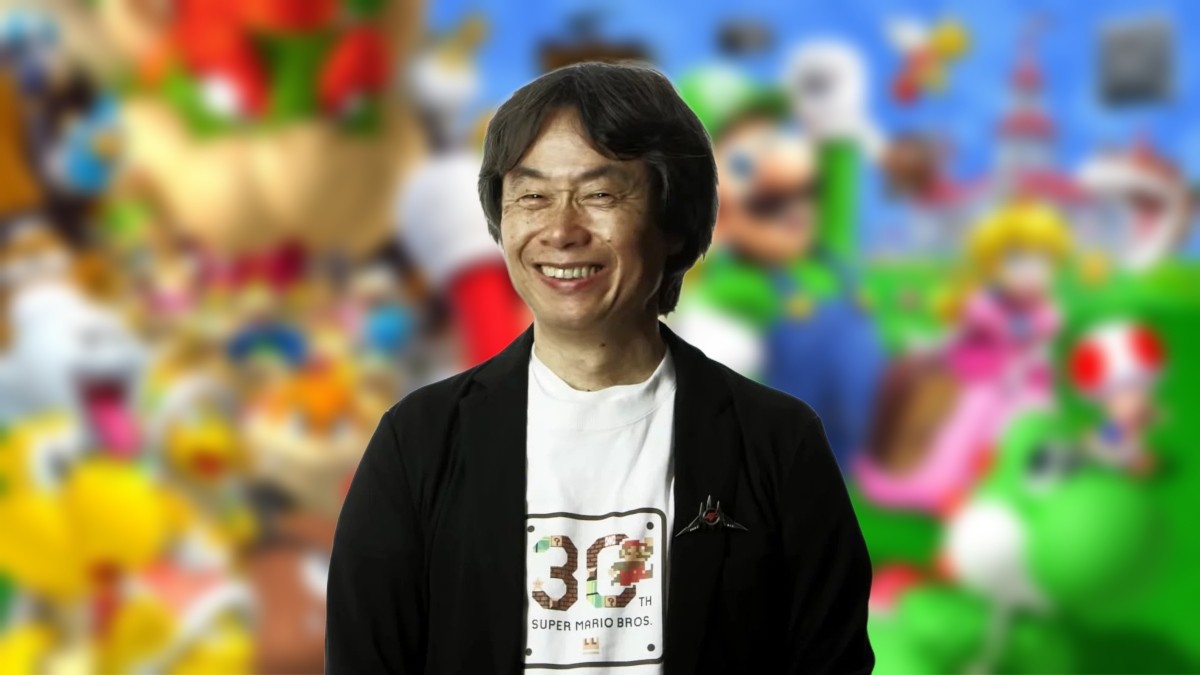Shigeru Miyamoto Talks About Darker Storylines and Themes Within Games in Recent Interview
Posted on December 29 2020 by David Nystrom

In the Legend of Zelda series, there are moments that cause us to really reflect or contemplate on heavy subjects and themes. Arguably Majora’s Mask is the best at this, dealing with all sorts of matters such as death, loss, and growing up. Breath of the Wild and to some extent Hyrule Warriors: Age of Calamity also both deal with death quite directly at different moments in the story.
Overall, the Zelda series seems to be one of those franchises that haven’t ever really shied away from dealing with more mature themes. That said, they do so in a very Nintendo way.
In a recent interview, Simon Parkin of The New Yorker talked with Shigeru Miyamoto about his experiences and philosophy on creating the video games that we all know and love. One specific part of the interview encompassed his feelings on dark and emotional themes within the video game industry:
Parkin: Speaking of new experiences, more and more game-makers have become interested in exploring themes of sadness, loss, and grief. This is something that your games have mostly avoided, perhaps because of Nintendo’s roots as a toymaker, its focus on making things for children. Do you regret not having the opportunity to explore those themes in your work?
Miyamoto: Video games are an active medium. In that sense, they don’t require complex emotions from the designer; it’s the players who take what we give them and respond in their own ways. Complex emotions are difficult to deal with in interactive media. I’ve been involved in movies, and passive media is much better suited to take on those themes. With Nintendo, the appeal of our characters is that they bring families together. Our games are designed to provide a warm feeling; everyone is able to enjoy their time playing or watching.
For example, when I was playing with my grandchild recently, the whole family was gathered around the television. He and I were focussed on what was happening on the screen, but my wife and the others were focussed on the child, enjoying the sight of him enjoying the game. I was so glad we had been able to produce something that facilitated this kind of communal experience. That’s the core of Nintendo’s work: to bring smiles to players’ faces. So I don’t have any regrets. If anything, I wish I could have provided more cheer, more laughter.
When thinking about the stories in both Majora’s Mask and Breath of the Wild specifically, there is a tale of hope at the end. Both adventures seem to echo what Miyamoto was saying. Even though those games do delve deep into these themes, they are balanced out with those moments of joy and laughter. Majora’s Mask ends with a celebration and Breath of the Wild concludes with the hopeful and optimistic aim of restoring Hyrule.
I find Miyamoto’s viewpoint not only admirable, but one that he’s accomplished. I can’t describe the cheer and laughter I’ve felt while playing Nintendo games, and Zelda games especially.
What are your thoughts on Miyamoto’s comments? What are your thoughts on a story that explores darker themes? Let us know in the comments below or chat about it over in our Discord!
Source: The New Yorker

David is an editor at Zelda Dungeon. He’s the author of the ongoing series, The Era Without A Hero, and his favorite Zelda games are Ocarina of Time, The Wind Waker, and Skyward Sword. He’s also generally a fan of JRPGs and other major Nintendo titles, such as Smash Bros. and Mario.



